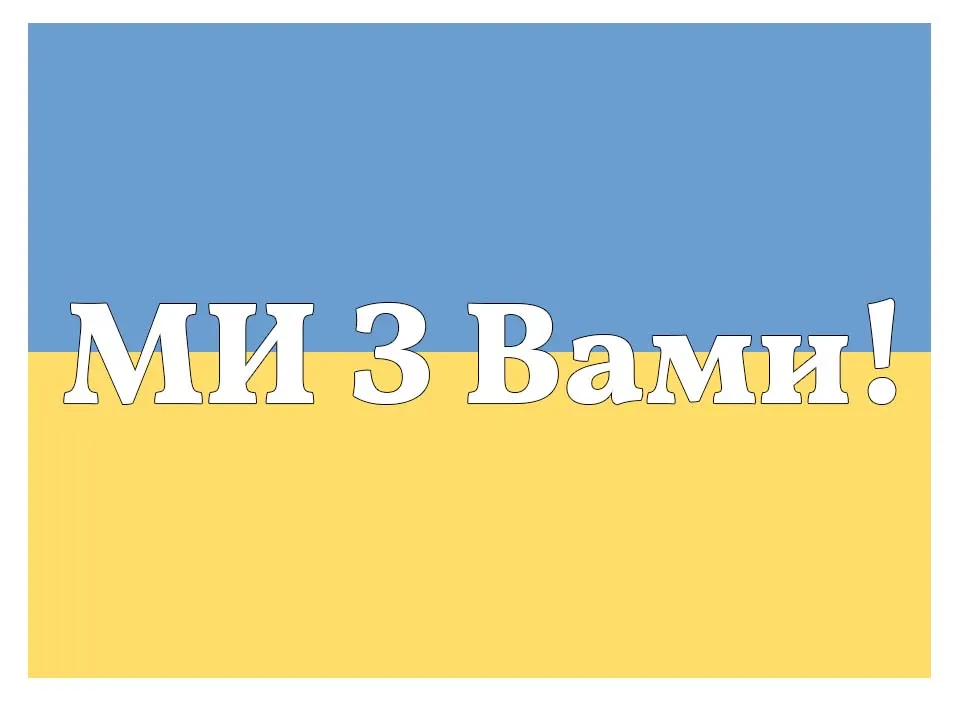
Solidarni z Ukrainą / Solidários com Ucrânia
We are expressing our solidarity with the Ukrainian people, victims of a brutal and unjustified invasion by Russia.


Introduction
The Center for Polish Studies (CEPOL) is a space for research and dissemination of cultures, literatures and languages of Poland and its descendants.The Center was founded in 2020 by Piotr Kilanowski, a professor of Polish Literature at the Department of Polish, German and Classical Literature, and was launched remotely in 2021.The founding of the Center was made possible by the collaboration of the UFPR Humanities Sector and the Consulate General of the Republic of Poland in Curitiba and financial support from the Ministry of Foreign Affairs of the Republic of Poland.The space promotes extension courses, disseminates research by teachers and students of the Polish Language Course and has a research and teaching space with a specialized library. Among CEPOL's projects are: the digitization of the historical archives of the Polish community and their descendants in Brazil, a collaborative translation group whose members include teachers, students and graduates of the course, and a research group dedicated to the study of Polish literature.

The Center for Polish Studies (CEPOL) is a space for research and dissemination of cultures, literatures and languages of Poland and its descendants.The Center was founded in 2020 by Piotr Kilanowski, a professor of Polish Literature at the Department of Polish, German and Classical Literature, and was launched remotely in 2021.The founding of the Center was made possible by the collaboration of the UFPR Humanities Sector and the Consulate General of the Republic of Poland in Curitiba and financial support from the Ministry of Foreign Affairs of the Republic of Poland.The space promotes extension courses, disseminates research by teachers and students of the Polish Language Course and has a research and teaching space with a specialized library. Among CEPOL's projects are: the digitization of the historical archives of the Polish community and their descendants in Brazil, a collaborative translation group whose members include teachers, students and graduates of the course, and a research group dedicated to the study of Polish literature.
The idea of the Center for Polish Studies is based on Poland as a multicultural country, alluding to the idea of a multi-ethnic and tolerant Poland, in which various nations, religions and cultures coexisted peacefully for centuries in mutual respect and collaboration. This idea is particularly important in today's world, which is witnessing a growing wave of intolerance and exacerbated nationalism. This is the idea of Poland evident in the works of the last Polish Nobel Prize winners in literature. Itzhok Bashevis Singer, who won the prize in 1978 for telling the story of Polish Jews before the Extermination in their own language, Yiddish, which barely survived the disaster that devastated them, Czesław Miłosz, the 1980 winner who liked to present himself as Lithuanian and embodied the whole tradition of tolerance and multiculturalism of the Eastern lands where Poles, Belarusians, Lithuanians and Ukrainians lived together for centuries, Wisława Szymborska, who won the prize in 1996 and whose profoundly humanist, wise and open outlook towards all kinds of otherness and paradoxes that mark us as a species has won over readers all over the world, including Brazil and, finally, Olga Tokarczuk, who won the prize in 2018, whose literature shows herself to be a defender of all kinds of diversity, minorities and those excluded from the vision of the world we live in and who understands literature as an exercise in empathetic imagination in the construction of the world.
On the other hand, the Polish history that is reflected in country´s culture was also the scene of traumatic events in the 20th century, the country devastated by totalitarianism of race and totalitarianism of class, and for this reason, it feels the need to carry forward the message that it hopes will raise awareness and prevent the repetition of genocides and oppressions. And perhaps that's why Polish literature has been awarded such prizes, the number of which in the history of the last half-century is equaled only by French, American and British literature.
Polish cultures and their languages from the most varied parts of Poland are also at the basis of the culture of southern Brazil, as they came from and were maintained by the immigrants who helped build Brazil. We know this in Curitiba, the city built by Polish immigrants, among other, and reinvented by a descendant of Polish Jews, Jaime Lerner. We know this at UFPR, in whose foundation Poles played an important role. Thanks to the Polish Literature Studies, these linguistic varieties of Polish have finally gained their university researchers: Prof. Alicja Goczyła Ferreira and one of our graduates, Prof. Sônia Niewiadomski.
The center wants to give voice and visibility to all this multiplicity of cultures, histories, languages (remembering that we have among our teachers a great specialist in Esperanto, the universal language created in Poland by Ludwik Zamenhoff) linguistic varieties, and literary themes related to the subject of Poland. We will be open to receiving contributions from scientists from Brazil and around the world, to enrich our knowledge and join forces in research and its dissemination.
Text by Piotr Kilanowski presented at CEPOL's launch ceremony

Launch of the Center for Polish Studies


Contact
Leave a message for our team.